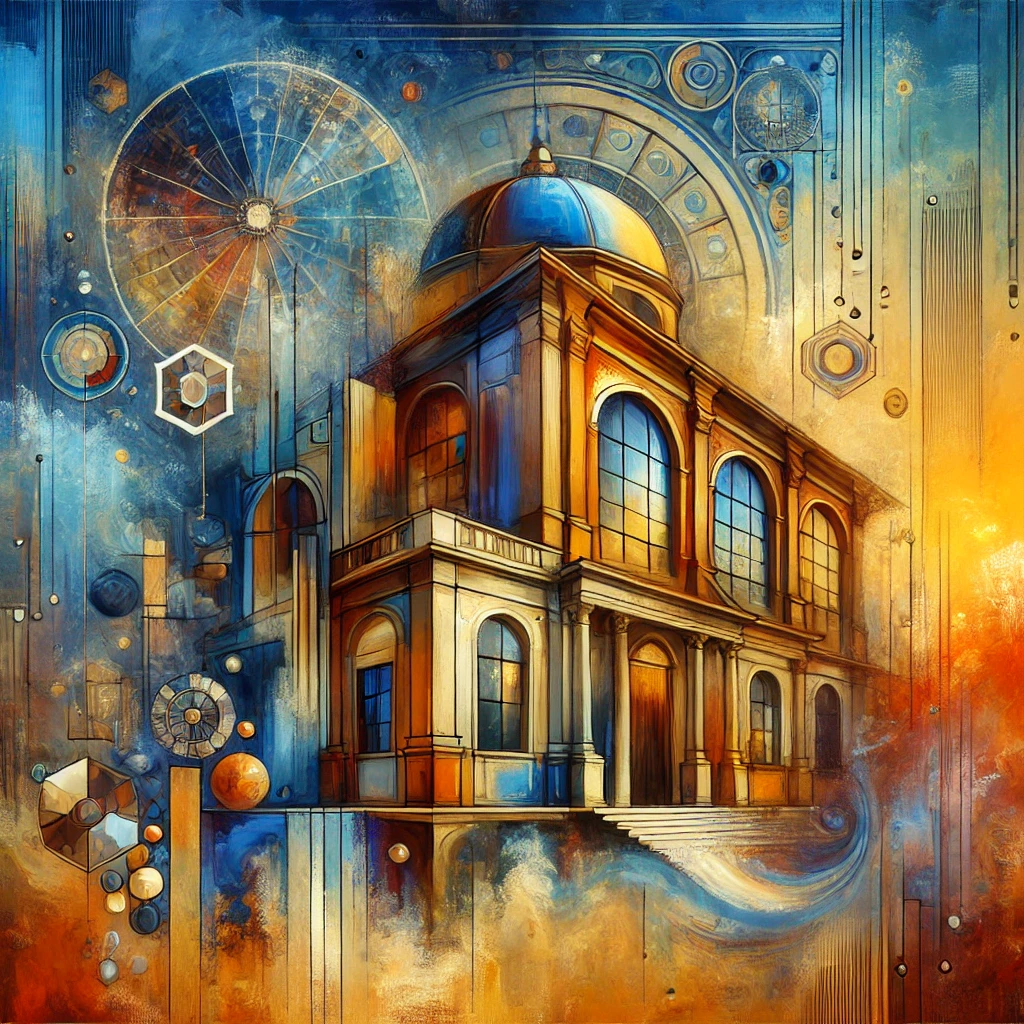Renaissance

Place of Origin: Europe (primarily Italy)
Century of Origin: 14th-16th Century CE
Associated Philosophers:
Overview of Renaissance
The Renaissance was a time of great cultural and intellectual change that took place in Europe between the 14th and 17th centuries. It was a period when people started to focus more on the value of human life, creativity, and learning. This era marked the 'rebirth' of interest in the ideas of ancient Greece and Rome, with a renewed focus on art, science, and philosophy. People began to explore new ways of thinking, especially about the potential of humans to achieve great things through reason, creativity, and education.
During the Renaissance, people were interested in understanding both the physical and spiritual aspects of life. Philosophers and thinkers of this time questioned traditional religious views, asking whether people could understand the universe using reason and observation. Many Renaissance thinkers believed that the universe was orderly and could be studied to uncover deeper truths about existence.
Renaissance thinkers believed that knowledge could come from studying the natural world and from human experiences. This period marked the beginning of modern science, with scholars emphasizing the importance of observation, experimentation, and reason. The idea was that people could learn more about the world by questioning what they already knew and exploring new ideas.
Ethics during the Renaissance focused on the idea that humans have the potential to be virtuous and moral beings. Many thinkers believed that people could improve themselves through education and by practicing virtues like kindness, honesty, and justice. There was also a growing emphasis on the importance of individual choice and the idea that people should strive to live meaningful and ethical lives.
In the Renaissance, logic was seen as an important tool for understanding the world. Thinkers used reason and logical arguments to explore new ideas in science, philosophy, and art. Renaissance scholars believed that by using logical thinking, they could uncover new truths and challenge old ideas that no longer seemed accurate or useful.
Art and beauty were central to the Renaissance, with artists focusing on realism, balance, and harmony. Renaissance artists were inspired by the natural world and human form, and they sought to create works that reflected both physical beauty and deeper emotional or spiritual meaning. They believed that art could help people connect with higher ideals, and the beauty of nature and human creativity were seen as expressions of a divine order.
The methodology of Renaissance thinkers often involved questioning traditional ideas and exploring new ways of understanding the world. They believed in using observation, experience, and reason to explore the mysteries of life, moving away from simply accepting religious or traditional explanations for how things worked. The Renaissance was also a time of collaboration, with thinkers from different fields sharing their knowledge to create new ideas.
Renaissance thinkers believed that humans had immense potential and could achieve greatness through learning and self-improvement. They emphasized the importance of human dignity and the power of creativity, seeing humans as capable of shaping their own lives and influencing the world around them. This era saw a shift from viewing humans as limited by fate or divine will to celebrating human capability and free will.
Political philosophy during the Renaissance explored new ideas about governance and the role of individuals in society. Thinkers like Machiavelli wrote about power and leadership, suggesting that rulers should be wise, practical, and sometimes even ruthless to maintain order. There was also a growing belief in the importance of justice and the idea that governments should work for the common good, rather than just for the benefit of a few powerful people.
The Renaissance was a turning point in the history of philosophy, as thinkers began to look back to the ideas of ancient Greece and Rome while also developing new ways of thinking. This period set the stage for modern philosophy by emphasizing reason, science, and the potential of human beings to shape their own futures.
Important themes in Renaissance philosophy include the idea of human potential, the value of education, and the role of creativity in shaping the world. Renaissance thinkers also focused on the importance of studying the natural world, questioning traditional beliefs, and exploring the connections between humanity, art, and nature.
Niccolò Machiavelli was a major political philosopher of the Renaissance, known for his work on power and leadership in 'The Prince.' Other important thinkers include Leonardo da Vinci, who combined art and science to explore the natural world, and Michelangelo, who used his art to express human beauty and emotion. Pico della Mirandola, another key figure, wrote about human potential and the power of free will.



